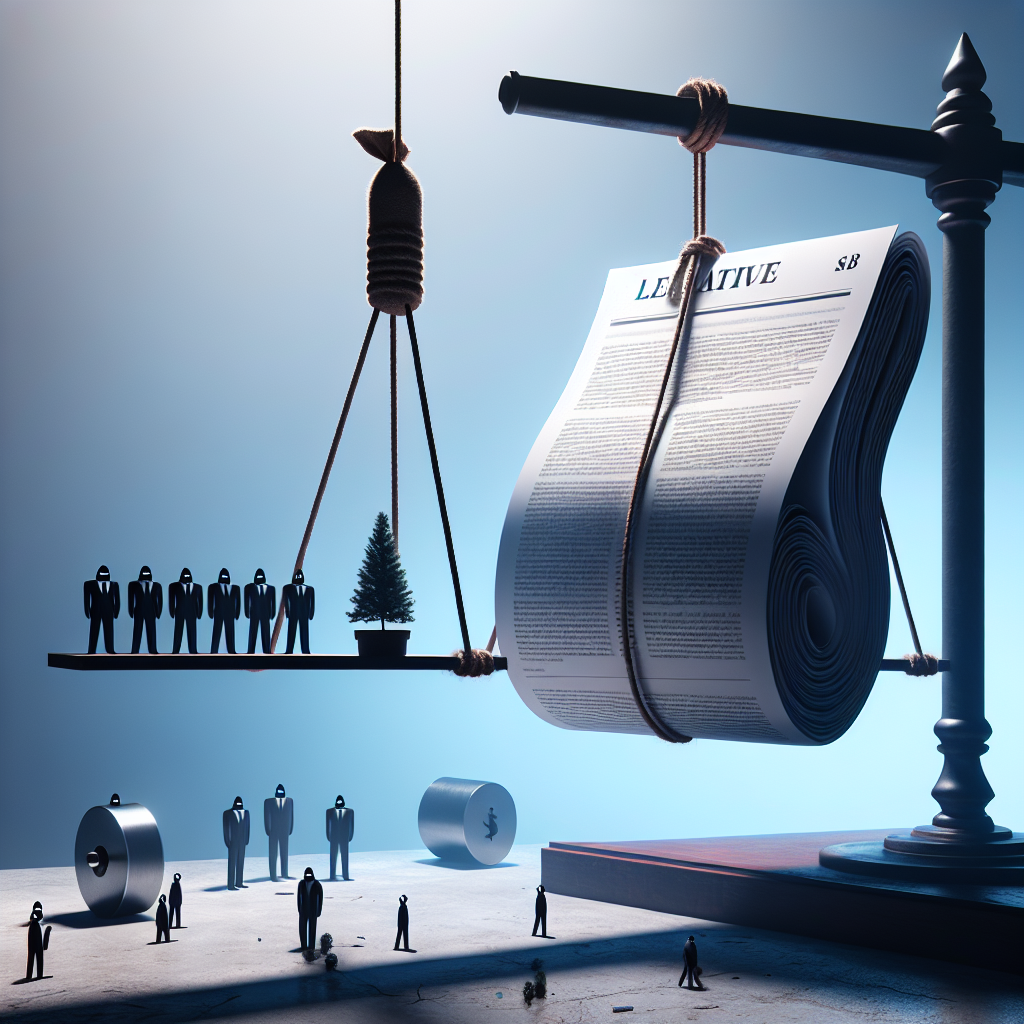Will Trump’s ‘Big, Beautiful Bill’ Survive the Bond Market’s Scrutiny?
In the grand chess game of American politics, it’s crucial to recognize that the House of Representatives and the Senate are not the only players. President Donald Trump’s “big, beautiful bill” may hinge on a dynamic that, until recently, has evaded public scrutiny: the bond market and those vigilant bond investors ready to act if fiscal responsibility falters. Never underestimate the influence of the bond vigilantes; their power has only grown over the last few decades, and their recent actions signal a stern warning to policymakers.
The Bond Market: A New Power Player
The recent fluctuations in the U.S. Treasury bond yields underscore the fact that the bond market has effectively become a fourth branch of the government. Less than two months ago, the bond market forced Trump to backtrack on his ambitious “liberation day” tariff plan within just three trading days. As financial markets loom large, the implications of legislative decisions reach far beyond Capitol Hill.
Moody’s recent downgrade of the U.S. credit rating serves as a wake-up call. Economists like Maya MacGuineas, president of the Committee for a Responsible Federal Budget, have already invoked the term “Truss moment,” referring to the swift collapse of former U.K. Prime Minister Liz Truss’s fiscal policies. A crucial bridge to solid economic planning has come under threat, and the financial community is keeping a close eye on how Congress will respond to market reactions.
Understanding the Stakes
Bond vigilantes are not merely a myth; they are the guardians of fiscal discipline, asserting their dominance with each uptick in yields. With national debt now soaring to alarming levels—rising from 32% to 97% of GDP since George W. Bush took office—this is not the time to test their resolve. The situation is compounded by looming liabilities—$22 trillion in additional borrowing required over the next decade, dwarfing the annual output of the entire European Union.
Make no mistake: The U.S. government is dependent on bond markets for financing. If they give the cold shoulder to Trump’s “big, beautiful bill”—an agreement that might add another $5 trillion in tax cuts without corresponding cuts in spending—policymakers will be courting disaster.
The Consequences of Ignoring the Bond Market
What would happen if Congress were to push the “big, beautiful bill” through, only to be met with a thumbs-down from bond investors? The consequences would be nothing short of disastrous:
1. Increased Borrowing Costs
As bond prices fall and yields rise, the government will face skyrocketing interest payments on new debt. Currently, these payments are already burdening the federal budget as the second-largest expenditure after Social Security.
2. Higher Rates for Consumers
Increased yields would be passed down to American consumers, meaning higher interest rates on everything from mortgages to corporate bonds. Homebuyers could find themselves priced out of the market as mortgage rates rise, leading to a stagnation in housing sales.
3. Tenuous Stock Market Stability
Rising bond yields would pressure stock prices, particularly affecting growth stocks that dominate tech-heavy indexes like the Nasdaq. With valuation methods tied to the discount rate, any spike in interest rates could lead to a significant market correction, pulling the rug out from under investors.
Political Ramifications
The impending elections in 2026, with 220 Republican House seats and 22 Senate seats up for grabs, underscore the precarious political landscape. If the bond market signals its disapproval of Trump’s legislation, the ramifications will resonate through Congress. Republican legislators will have to evaluate their positions and allegiance to fiscal responsibility in the face of voter scrutiny.
The Bottom Line
In the end, one thing is increasingly clear: if Congress dares to shove the “big, beautiful bill” through without heeding the warnings of the bond market, they will invite significant economic repercussions. The bond market is no longer an afterthought; it is a formidable force that holds the fate of American fiscal policy in its hands. As we move forward, let’s hope we’re not driving down a road to economic recklessness. The bond vigilantes are watching, and they won’t hesitate to act if we stray too far from the path of fiscal discipline.




